However, international integration requires more profound innovations in Technical and Vocational Education and Training (TVET), not only to cultivate human resources for industrialization and modernization, but also to meet the requirements of global integration and competition.
* Mr. Nguyen Van Lam, Deputy Director of Ho Chi Minh City Department of Labour, Invalids and Social Affairs:
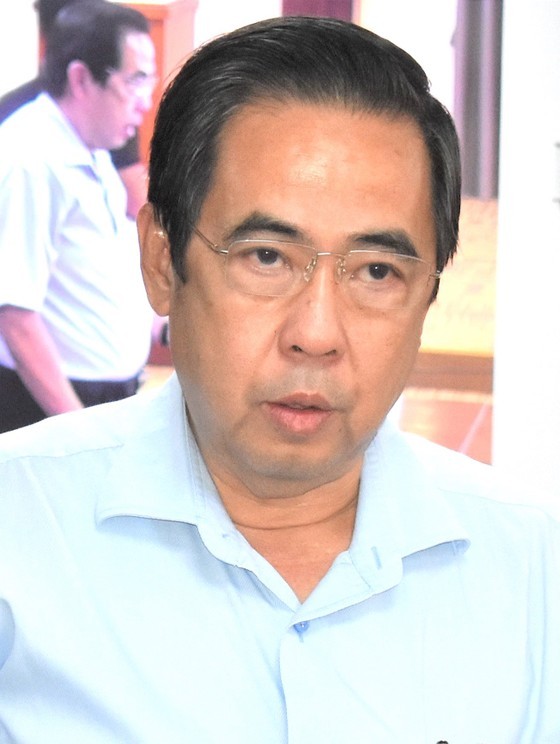 |
Striving to become the leading development locality in TVET
Ho Chi Minh City strives to meet the national demand for skilled human resources by 2030, together with other objectives, including attracting 45 to 50 percent of secondary and high school graduates to the TVET system with female students accounting for over 35 percent of the total new enrollment target, about 60 percent of the workforce being re-trained and regularly trained.
The remaining objectives include about 70 percent of TVET institutions and 100 percent of training programs in key industries and occupations meeting quality accreditation standards, 100 percent qualified managers and teachers, 100 percent of training industries and occupations being developed and updated according to the national qualification framework, and about 10 high quality schools.
By 2045, the city's TVET is to meet the demand for highly skilled human resources, becoming the leading locality in TVET development in the country, in the ASEAN region, and catching up with the global advancement.
To achieve these goals, the city has synchronously implemented eight main groups of tasks and solutions. In particular, HCMC develops policies to improve the state management effectiveness to TVET , accelerate digital transformation, modernize facilities and equipment, as well as renew training programs and methods. Besides, the policies also aim at cultivating teachers, artisans, experts, vocational trainers and managers in TVET, closely linking TVET with enterprises and the labor market, conducting scientific application research and technology transfer, and promoting career guidance, entrepreneurship and innovation.
* Mr. Vuong Quoc Tuan, Standing Vice Chairman of Bac Ninh Provincial People's Committee:
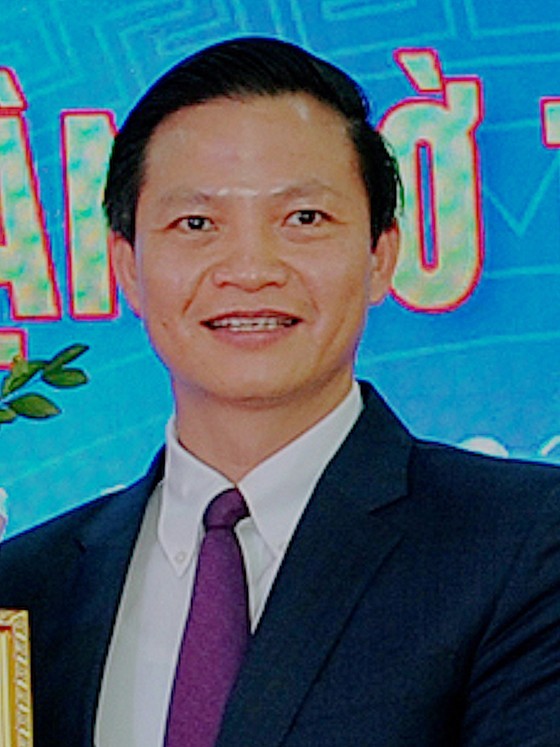 |
Training competitive human resources in the 4.0 era
Bac Ninh Province’s TVET aims to produce sufficient and reasonably distributed human resources with a suitable industry structure by 2030, making human resources the lifeblood to successfully implementing the province's socio-economic development goals.
To this end, TVET institutions must have an enrollment and training scale of 50,000 people per year; over 85 percent of learners have jobs or have higher productivity and income after training; 2 to 3 schools to be accredited, assessed and recognized as meeting the criteria of high-quality schools; the rate of trained workers reaches 90 percent or more (currently nearly 80 percent).
The province will focus on investing in a number of high-quality TVET institutions, key industries that have been planned at national and international levels. In particular, Bac Ninh Industrial College is invested to become a high-quality school by 2025.
Seven colleges under ministries and agencies have been approved to be invested in building key schools with 26 occupations (7 international occupations, 4 occupations at ASEAN level and 15 occupations at national level); maintain and improve the quality of some specialized vocational training institutions for the disabled and blind, and for training in gifted occupations.
The province also encourages the establishment of new private TVET institutions, TVET of enterprises as the model of Technical Technology Training Center of Goertek Vina Vietnam Science and Technology Co., Ltd.
* Ms. Ngo Thi Kim Yen, Vice Chairman of Da Nang City People's Committee:
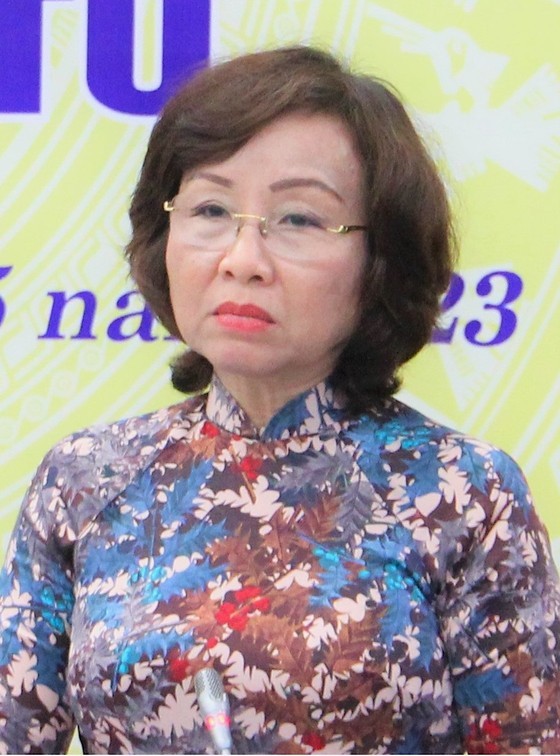 |
Investing in suburban vocational schools
Da Nang City has reviewed and merged the overlapping training professions at public intermediate schools into public colleges, and dissolved inefficient secondary schools and colleges.
According to the projects approved by the People's Committee of Da Nang City, by 2030, the city will have 4 TVET institutions at regional and international levels. Priorities will be placed on investing in new TVET institutions outside the city center such as Ngu Hanh Son, Cam Le, Lien Chieu and Hoa Vang districts.
These developments aim to call for and promote social investment in education. The city will create the most favorable conditions for policies, land planning, and timeline for businesses to invest and build high-quality vocational schools.
The implementation of the aforementioned tasks is greatly buoyed up by the recently issued Directive No. 21 CT/TW on continuing to renovate, develop and improve the quality of TVET institutions until 2030, with a vision to 2045, following the Decision No. 73/QD-TTg on reviewing and rearranging TVET institutions.
Currently, the Da Nang City People's Committee has assigned the Da Nang Department of Labour, Invalids and Social Affairs to draft the City Party Committee's plan to implement Directive 21, and shall collect opinions from departments and districts reported to the Da Nang City People's Committee to submit to the City Party Committee.
* Dr. Pham Vo Quoc Binh, Deputy Director General of TVET:
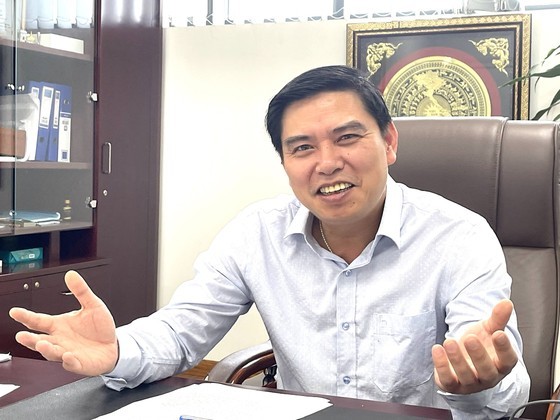 |
Focusing on high-quality vocational school investment
The General Department of Vocational Education and Training continues to coordinate with ministries, agencies and localities to review and rearrange public TVET institutions in the direction of reducing public TVET institutions, and promote the development of non-public ones.
The department aims to reduce at least 30 percent of public TVET institutions compared to 2020, and lift the proportion of private TVET institutions and foreign-invested TVET institutions to about 50 percent by 2030. High-quality vocational schools, including those approaching the level of ASEAN countries and those approaching the level of developed countries in the G20 group, shall become the main focus of the investment.
The plan also includes the establishment of schools as national and regional centers for high-quality vocational training and practice. In addition, developing TVET institutions in disadvantaged areas, with specific training professions and subjects will also be taken into account.
It is also noteworthy that the governing bodies shall draw up a scheme to reorganize public non-business units according to the provisions of Article 16, Decree 120/2020/ND-CP, whose Point C, Clause 1, Article 16 requires a plan to deal with organizational structure, personnel, finance, property, land and other related issues.
Accordingly, the personnel working at the schools will follow the personnel handling plan in the project approved by the competent authority. The capacity of the teachers and administrators will also be developed and improved, with the suitable quantity and structure in each period.
In addition, the allocation of land for the construction and development of TVET institutions as well as the implementation of policies to encourage social investment are specified in the planning, and must be consistent with the National Land Use Plan for the period 2021-2030, a vision to 2050, and the 5-year National Land Use Plan 2021-2025.
At the same time, the investment according to the list of priority projects should be made in accordance with the provisions of the Law on Investment, the Law on Public Investment, the Law on the State Budget, and other relevant laws.
* Mr. Le Duy Thanh, Chairman of Vinh Phuc Provincial People's Committee:
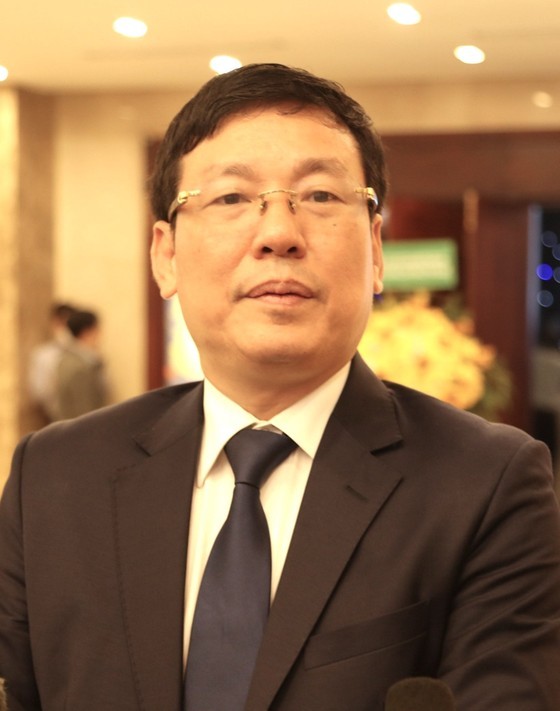 |
Establishing scientific research and start-up centers
In the upcoming time, in addition to promoting propaganda and raising public awareness, especially students, in choosing careers, Vinh Phuc Province will continue to review, plan, and invest in modern facilities and equipment for TVET institutions to facilitate the training of key occupations and high-quality professions.
At the same time, the province shall strengthen international cooperation, encouraging TVET institutions to conduct cross-region training according to national and international standard programs; establish scientific research and start-up centers. Besides, the province shall promote streamlining and career guidance for students, in order to reach 30 percent of secondary and high school graduates to attend vocational schools.
The Department of Labour, Invalids and Social Affairs is assigned to soon complete the project to support TVET institutions in accessing enterprises; renovating methods of vocational training, enrollment, financial management, operations, and school administration.
The Department of Finance advises and proposes a plan to support training funds, investment funds for facilities and equipment, so that local TVET institutions, especially Vinh Phuc Vocational College, complete the goal of becoming a high-quality vocational school according to the proposed plan.
























